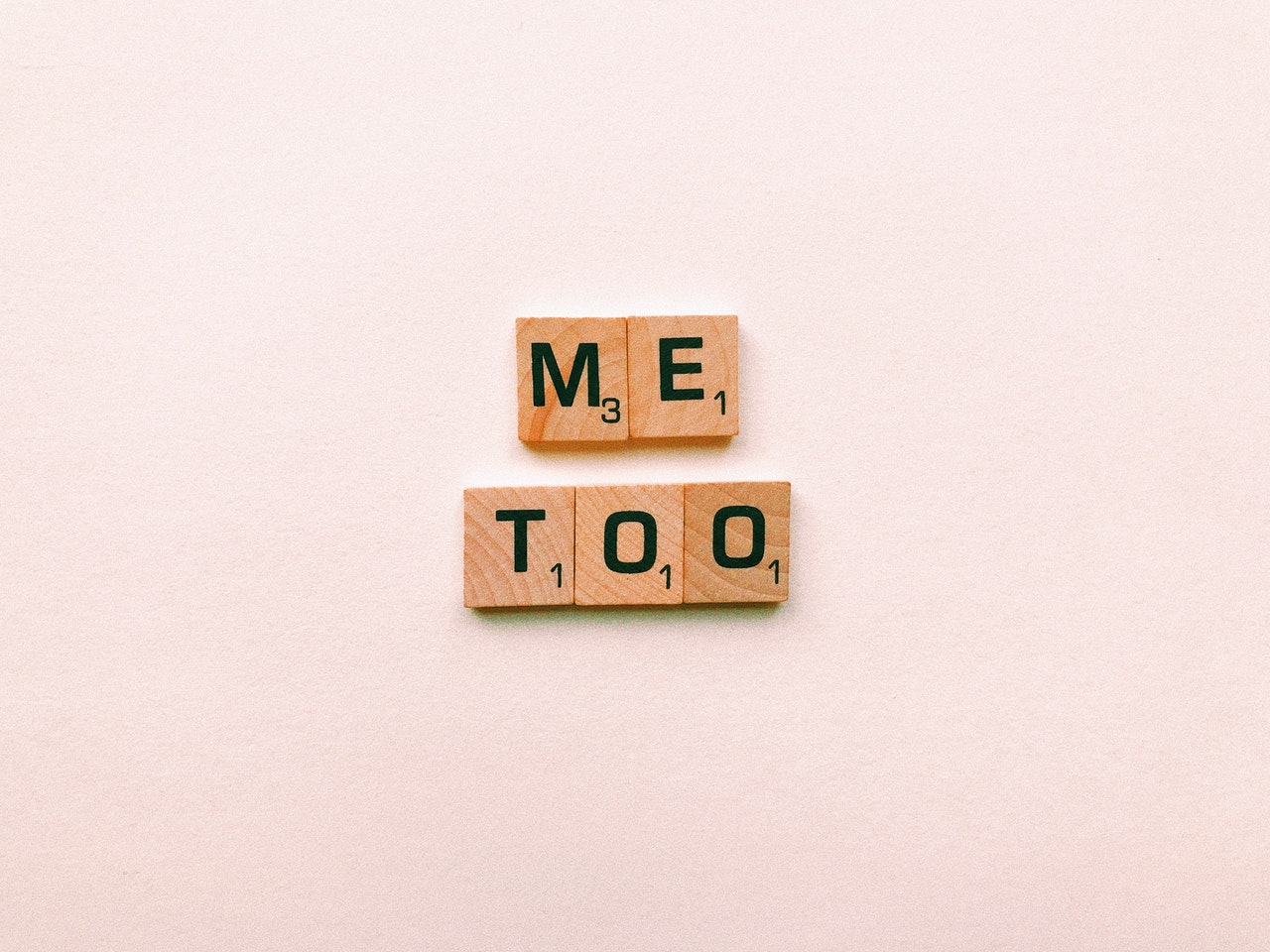Edited excerpts are shared here from my longer interview on the Alfred Music Blog following my presentation on #Me Too and Music Teaching at the Music Teachers National Conference in March 2019. Other topics covered in this interview will be added to the blog at a later date. (Alfred.com)
INTERVIEWER:You gave a session called “#MeToo: Challenges for Music Teachers” at MTNA last month. How can teachers insure they’re creating healthy, safe learning environments for their students?
JJN: I was honored to be invited to present on this daunting and disturbing topic at the MTNA Conference in Spokane, Washington in March. I am pleased that MTNA is leading the way to initiate discussions on this subject. The #MeToo Movement has painfully led people to consider the ethical violations that can occur in all professions—music teaching included. I add that most music teachers do not take advantage of their students, much less cross ethical boundaries.
The teacher/student relationship offers a “perfect storm”. By this I mean some teachers need to feel wanted and special by students for their own needs. Some students are drawn to certain studios they feel hold status for them. They also feel special when they are accepted by their chosen teacher. Students and others tend to idealize famous and popular teachers. The teacher is important in helping students forge careers. The teacher gives grades and has a great impact on students’ progression. There is mutual admiration, but the person with power abuses the status given to the teacher. The teacher-student lesson occurs behind closed doors. The “hallowed” private lesson unique to the music teaching profession offers dishonest and unethical opportunity to those so inclined to abuse their professional duties. All of these factors may predispose people who are inclined by their own emotional problems to initiate inappropriate behavior and take advantage of their power difference with their students.
My presentation covered this topic by examining some underlying factors, i.e., some characteristics of people in power who cross ethical boundaries and who are inclined to take advantage of students to satisfy their own needs. I spoke about how to establish healthy teaching environments, and how to empower NOT disempower students.
Some things to promote safe learning environments include:
*Developing strong, clear, and consistently enforced accountability policies and ethics codes.
*Conducting thorough background checks for new hires that look beyond the CV—explore independent references.
*Forming Colleague Assistance Committees.
*Teaching students to say “NO” if something does not feel “right.”
*Understanding that this is a systemic problem for institutions, students, faculty, alumni, families, and society.
*Having zero tolerance for inappropriate behaviors and cover-ups.
*Understanding and modifying our addiction to “fame,” “celebrity,” and “star” teachers/students.
*Having shame-free reporting options for students or anyone who is threatened.
*Taking any and all complaints very seriously—investigating internally and externally (bystanders have a responsibility to report).
*Including victims in legal policies with legal representation.
*Offering psychological referrals and legal services for students, paid for by institutions.
INTERVIEWER:How can the music education community help victims feel empowered to speak up and seek help?
JJN: My clinical experience has convinced me that when you talk sensitively and with respect about a difficult topic, you solve problems better and empower people who are scared and victimized. I feel that we can learn a great deal from any situation, including bad ones. The #MeToo Movement has taught us to communicate better and sooner, learn how to help students feel protected and feel good about themselves, and not to keep secrets which enable and/or protect those in power. Most importantly, it is crucial to help victims with the shame and guilt they feel – which typically leads them to suffer quietly for a long time before reporting – if they ever do.
INTERVIEWER: For those who view some of these topics as too “controversial,” how can we adjust certain attitudes in an effort to productively discuss these issues and create positive change?
JJN:Change does not come easily or quickly. Discuss why this topic is too controversial. Address the feeling of shame that often prevents victims from reporting. We cannot and must not bury our heads in the sand and avoid what is happening around us. We would like to deny this is happening—it is terrifying and not easy to think about. This problem has been going on for too long behind closed doors and closed mouths, and it is not going away by avoiding speaking about it. Talk, talk, talk! Have regular group sessions or conferences proactively with multi-disciplinary speakers directed at teachers and students and parents who wish to attend. Be transparent. Invite people to write out questions vs. speak up verbally in a group so they will not feel a “stigma” about identifying themselves in public.
This topic is stressful and painful to consider and is clearly unpleasant, but need not be “controversial”. When something painful is ignored, it is much more likely to be repeated and to become worse.
INTERVIEWER: What resources are available to teachers and students who may be struggling with mental health or dealing with trauma?
JJN: Mental health professionals should be sought to conduct an evaluation for any emotional block—it does not have to be an ethical violation or trauma that triggers reaching out. It is a strength to seek assistance.
Being violated by a respected teacher that you trust and who betrayed you is serious and must be dealt with. It is important seek help. Make it a priority to take care of yourself.
*Get referrals from trusted friends, doctors, and psychologists you know in your community.
*Institutions and administrators must take reports from victims seriously and gather information about what is reported.
*Institutions and teachers should form relationships with various experts in the community and invite them to speak with students and parents at special class sessions.
*Seek legal services if there has been an ethical violation.
Contact RAINN (Rape, Abuse, and Incest National Network—support, informational resources, advocacy at Rainn.org and 800-656-HOPE, Available 24/7).
While the focus of this interview is upon music students and teachers, the information is applicable for all individuals who feel abused at work or in any other relationship.

